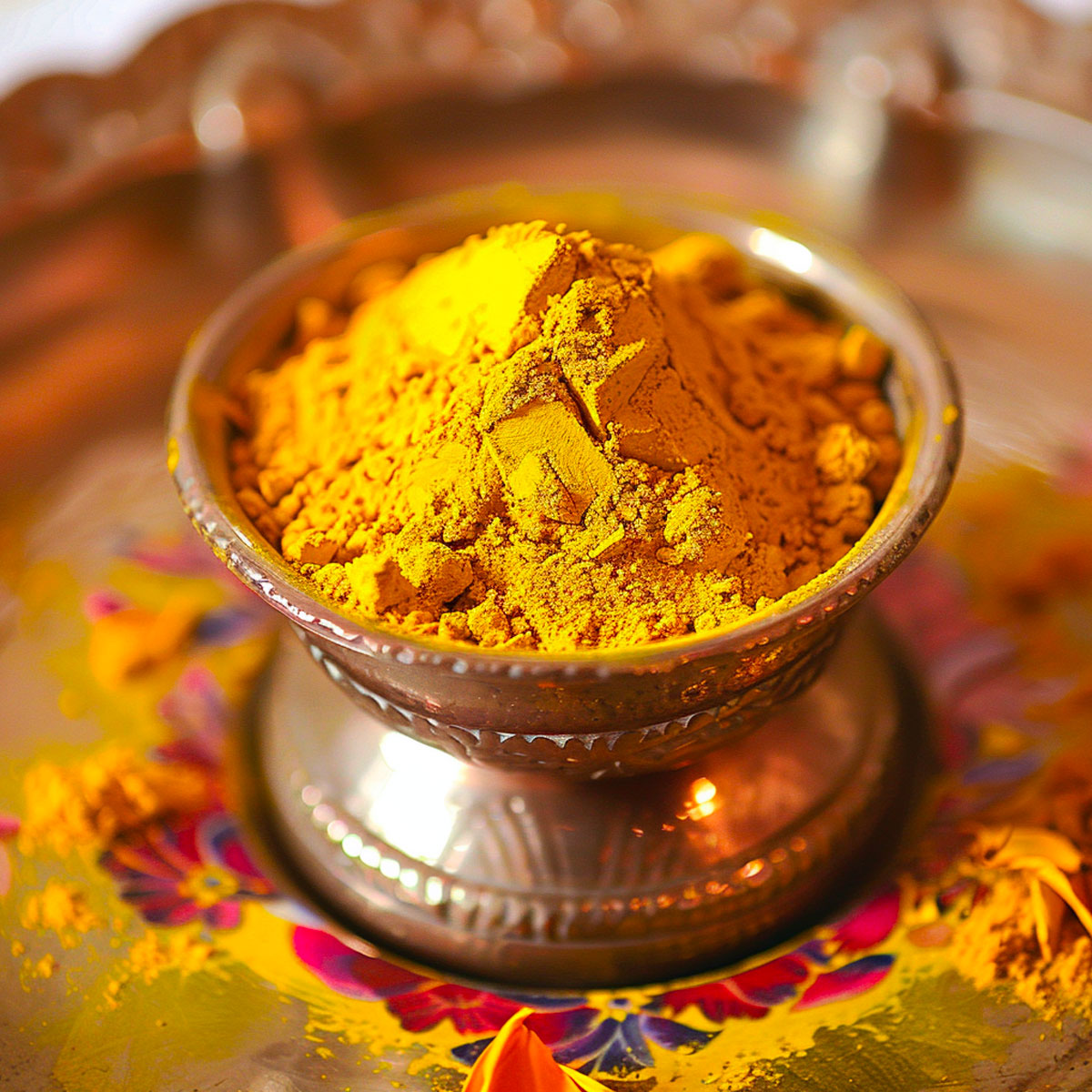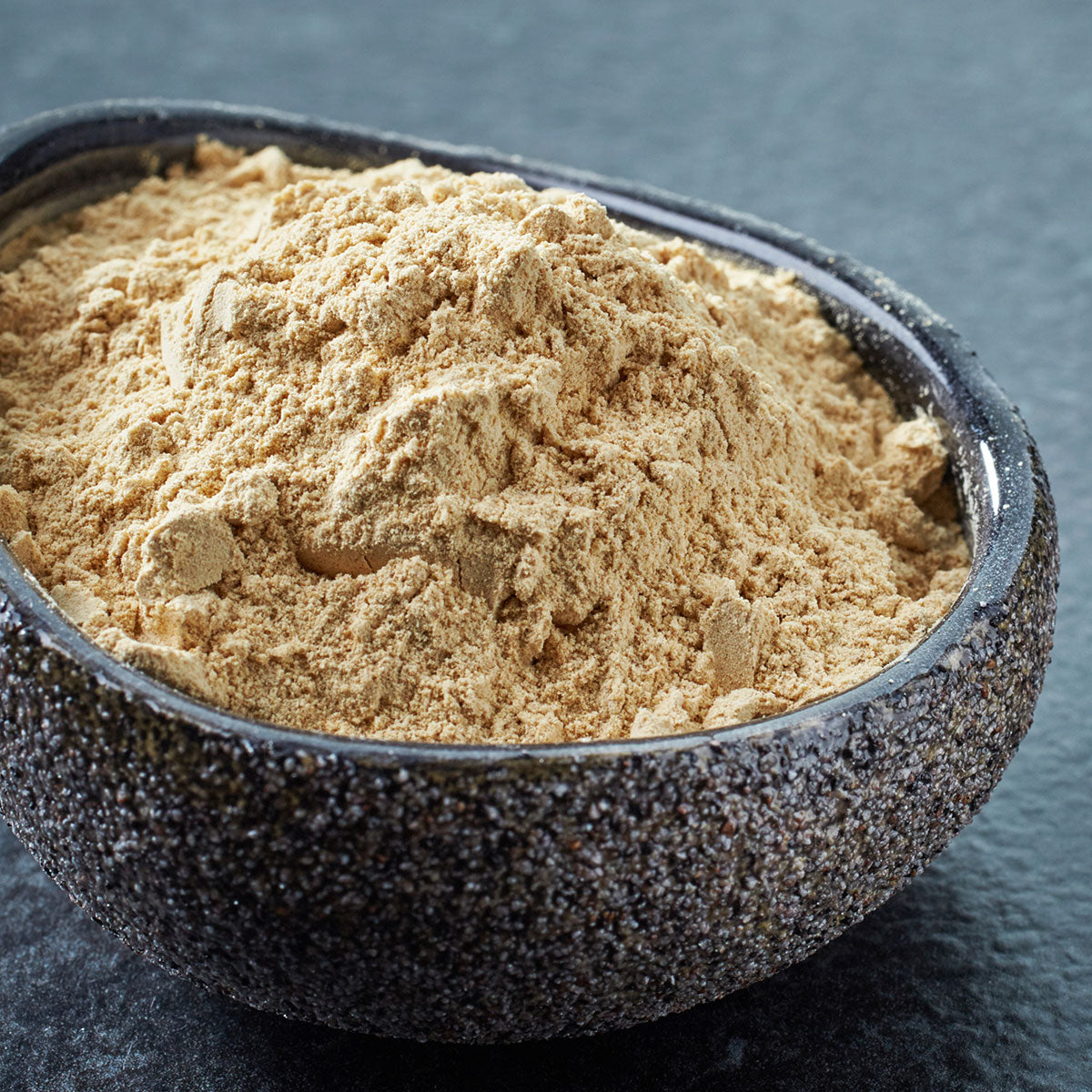Help your brain, nervous system, healing, maintain a healthy weight and reduce your risk of disease by eating the right fats
- Learn why the modern diet is so wrong
- Shift the way you think about fats
- Find out what cholesterol actually is
- Forget what you’ve been taught about which fats are bad
- Discover the best type of fatty foods to help you glow

ARE YOU STILL FOLLOWING OUT OF DATE ADVICE ON FATS AND CHOLESTEROL?
Conventional advice about eating a low-fat, low-cholesterol diet is now entirely outdated.
The 2015 version of the Dietary Guidelines for Americans (the official recommendations provided by the US Government) has finally corrected its stance in light of scientific evidence about fat and cholesterol.
Officials have removed the upper limit on the amount of fat we eat, reassuring the public that fat does not cause heart disease.
Secondly, the new guidelines state that cholesterol will no longer be considered a “nutrient of concern”. [1] This is in line with recent scientific analysis reporting that dietary cholesterol does not affect risk of heart disease.
“US Dietary Guidelines 2015 have finally removed cholesterol from its list of nutrients of concern.”
Tweet This
WHY THE ‘HEALTHY HEART DIET’ WAS WRONG
Around the 1970s, it was decided (thanks to some flawed scientific data) that diets high in cholesterol and saturated fat were responsible for heart disease.
How did we get so misled?
A large observational study (The 7 Countries Study) took place in the mid-20th Century that monitored the correlation between diets rich in saturated fats and heart disease.
The 7 countries from which the evidence was taken all showed higher rates of heart disease in those who ate more saturated fat.
However, it was since discovered that the study leaders withheld evidence from 16 other countries that did not show any correlation and that did not support their theory!
Countries like France, where saturated fat consumption was high but heart disease rare were deliberately excluded.
Even though evidence was lacking, the study leaders succeeded in getting support from US Senators and the low-fat, low-cholesterol dogma was born.
The anti-fat belief moved beyond science and became a marketing machine within the food industry, pharmaceuticals (cholesterol-lowering drugs) and the media.
Governments and heart-health charities began ‘educating’ us on replacing saturated fat with carbohydrates and vegetable oils. In the years following these changes, we have only become fatter and sicker!
Heart disease, diabetes, obesity have all risen over the last 30 years, and almost half of all Americans now have 1 or more chronic disease. [2]
During these years, we were told to switch to unsaturated vegetable oils in cooking and baking, and to get our energy from carbohydrates like crackers, pasta and cereals.
WHY ‘HEALTHY ALTERNATIVES’ ARE HARMFUL
Encouraging us to eat unsaturated ‘healthy plant oils’ like sunflower oil instead of saturated fats was wrong [3] because processed oils are incredibly damaging, especially for the health of the heart and blood vessels as well as the nervous system and brain.
These types of commercial oils are processed at high temperatures, that oxidise the fats. So a bottle of vegetable oil becomes a bottle of free radicals that damage our body’s blood vessels, nerve cells and other tissues.
Filling up on lower calorie, starchy foods like cereal grains and low-fat meals like pasta, jacket potatoes, wholegrain crackers (loved by the weight-loss brigade) was also bad advice.
This is because these foods contain quickly digested sugars that raise our insulin levels – the hormone that tells our bodies to store calories as fat.
Equally, low- or no-fat products such as yoghurts, ice cream, sauces, soups, baked foods, ready meals and all manner of convenience foods, inevitably include extra sugar, starches and other additives to compensate for the lack of taste and texture (mouth feel).
“It is now understood that fat doesn’t make you fat, but processed carbohydrate and sugars do.”
Tweet This
Excess body fat is a huge contributor to all manner of diseases and symptoms, so the advice we thought would protect us was actually harming our health.
WHY YOU DO NEED FATS AND CHOLESTEROL IN YOUR DIET
Fats nourish our bodies unlike the refined carbohydrates, added sugars and processed oils foods that have replaced them since the 1970s.
- Every membrane of every cell in our bodies is made up of a layer of fat that helps with signalling between cells, letting nutrients in and waste out.
- We need fats and cholesterol to build new cells – for instance in healing from injury, for growing children and the daily wear and tear we inflict on our bodies.
- Some of our tissues have a very high turnover of cells, such as the digestive tract and our skin, so these are two areas that suffer when a person is on a low-fat diet.
- The brain is 60% fat – this high concentration is due to the fact that we use fats to insulate our neurones and help their signals move faster!
- The hormones we produce every day as part of our response to stress, our reproductive systems, our metabolism (how we make energy in our bodies), our hunger and satisfaction signals are all made from fats and cholesterol!
- Fats are a fantastic source of long-lasting energy that will keep your hunger in its box for several hours. This includes unprocessed saturated fats, virgin cold-pressed oils and other foods that contain fat including nuts, seeds, fish and eggs.
- Fats help to deliver important fat-soluble vitamins A, E, D and K that have multiple essential roles in our bodies including the health of our immune system, blood, skin and bones.
>> Read on to learn about eating the beneficial fats in the right way to nourish your body, instead of harming it...
WHAT DOES CHOLESTEROL DO?
Cholesterol is not a fat itself but a natural substance that our bodies make to carry fats around the body in the bloodstream to where they’re needed.
When cholesterol carries harmful oxidised fats (from eating processed vegetable oils), they are deposited in artery walls and all those free radicals in the fats trigger inflammation – a key process in the onset of disease.
This is why cholesterol was previously thought to be dangerous and we were encouraged not to eat foods that contained it like shellfish, meat and eggs.
But now we know that cholesterol from the diet (e.g. from eating eggs) does not cause heart disease [4] so you can enjoy your eggs in the mornings – just make sure they’re organic and pasture-raised to avoid being exposed to chemicals.
WHICH FATS ARE HARMFUL
TRANS FATS - Science is agreed on the harm caused by industrial trans fats and these should always be avoided due to their role in mortality and heart disease.
They were created by food manufacturers as a cheap way to make unsaturated oils solid, i.e. in margarines. They are used in foods to give them a long shelf-life – think of those packet cakes that last for months...!
Look out for the words ‘partially hydrogenated fats’ on the label.
Earlier this year, the US Food and Drug Administration banned the use of trans fats in food, giving manufacturers three years to change their methods and comply with the restrictions.[5]
DAMAGED FATS – As explained above, commercial unsaturated vegetable oils are dangerous because of the way they are refined, processed and heat-treated.
They include canola, safflower, sunflower, soya, corn oils which are widely used in restaurants, bakery foods and ready meals, so watch out!
"Avoid trans fats and damaged unsaturated fats like processed canola, safflower, sunflower oils."
Tweet This
OBTip: When eating out in a restaurant ask to fry your food in butter rather than vegetable oil.
THE BEST WAYS TO TREAT FATS:
FOR COOKING
Only cook with unprocessed stable, saturated fats, that can be heated without damaging their structure, causing them to oxidise, burn and turn rancid.
Try 1tbsp of one of these good quality fats when you’re frying, roasting or grilling at high temperatures. Remember that their saturated fat content is a good thing, which will protect your body, not damage it:
- Coconut oil - this fat is fantastic for fast and sustained energy, plus it has additional antibacterial and antiviral benefits!
- Butter or ghee from grass-fed cow’s milk. Butter does not contain the denatured processed casein proteins that pasteurised milk does and ghee is clarified, so it’s free from all milk residue.
- Animal fat (lard, etc.) from healthy, organically fed animals. These fats are stable, energy-providing and deliver fat soluble vitamins, plus it is now proven that they do not cause heart disease or stroke.[6]
THE BEST KIND OF FATTY FOODS!
Eating whole foods that contain fats is the perfect way to ensure you’re not missing out on the benefits from fat, including the delivery and absorption of fat-soluble nutrients – unlike processed fatty foods, like fries and burgers. Aim to eat a selection of several of these whole foods every day:
- Avocado – is a very beneficial source of Omega-6 fats and the important fat soluble Vitamin E, which is great for your skin!
- Olives – Omega-6 fats, with additional benefits from powerful antioxidants.
- Nuts and seeds – contain a combination of fats along with protein, antioxidant compounds, vitamins and minerals, making their effects on appetite and wellbeing incredibly powerful. Macadamia are our favorite!
- Eggs – free range and Certified Organic to ensure the hens are respectfully treated and the eggs they produce are healthy and not tainted with medications or GMO feed.
- Wild fish – especially oily fish is a good source of essential Omega-3 fats.
- Grass-fed organic meat and poultry – only choose organic and grass-fed meats to ensure you’re not being exposed to antibiotics and hormones.
PURE AND RAW
The fats below are very healthy when fresh, but they are extremely sensitive to oxidation, they can be easily damaged when heated so use them in raw recipes, dressings, or to drizzle onto pre-cooked vegetables:
- Extra virgin olive oil – keep in a dark glass bottle out of sunlight.
- Cold pressed plant oils (such as sesame seed, avocado, nut oils) – buy in small bottles so they don’t sit around too long, and keep in the refrigerator to stay fresh.
LET US KNOW WHAT YOU THINK
Have you changed the way you think about fats over the last few years? Tell your fellow Bursters your comments below.
Sources:
[1] Food and Nutrient Intakes, and Health: Current Status and Trends
[2] Projection of Chronic Illness Prevalence and Cost Inflation. RAND Corporation, October 2000
[3] Association of Dietary, Circulating, and Supplement Fatty Acids With Coronary Risk: A Systematic Review and Meta-analysis
[4] Exploring the Factors That Affect Blood Cholesterol and Heart Disease Risk: Is Dietary Cholesterol as Bad for You as History Leads Us to Believe?
[5] New Scientist: Trans fats, not saturated fat, linked to heart disease risk
[6] Meta-analysis of prospective cohort studies evaluating the association of saturated fat with cardiovascular disease Am J Clin Nutr 13 January 2010





